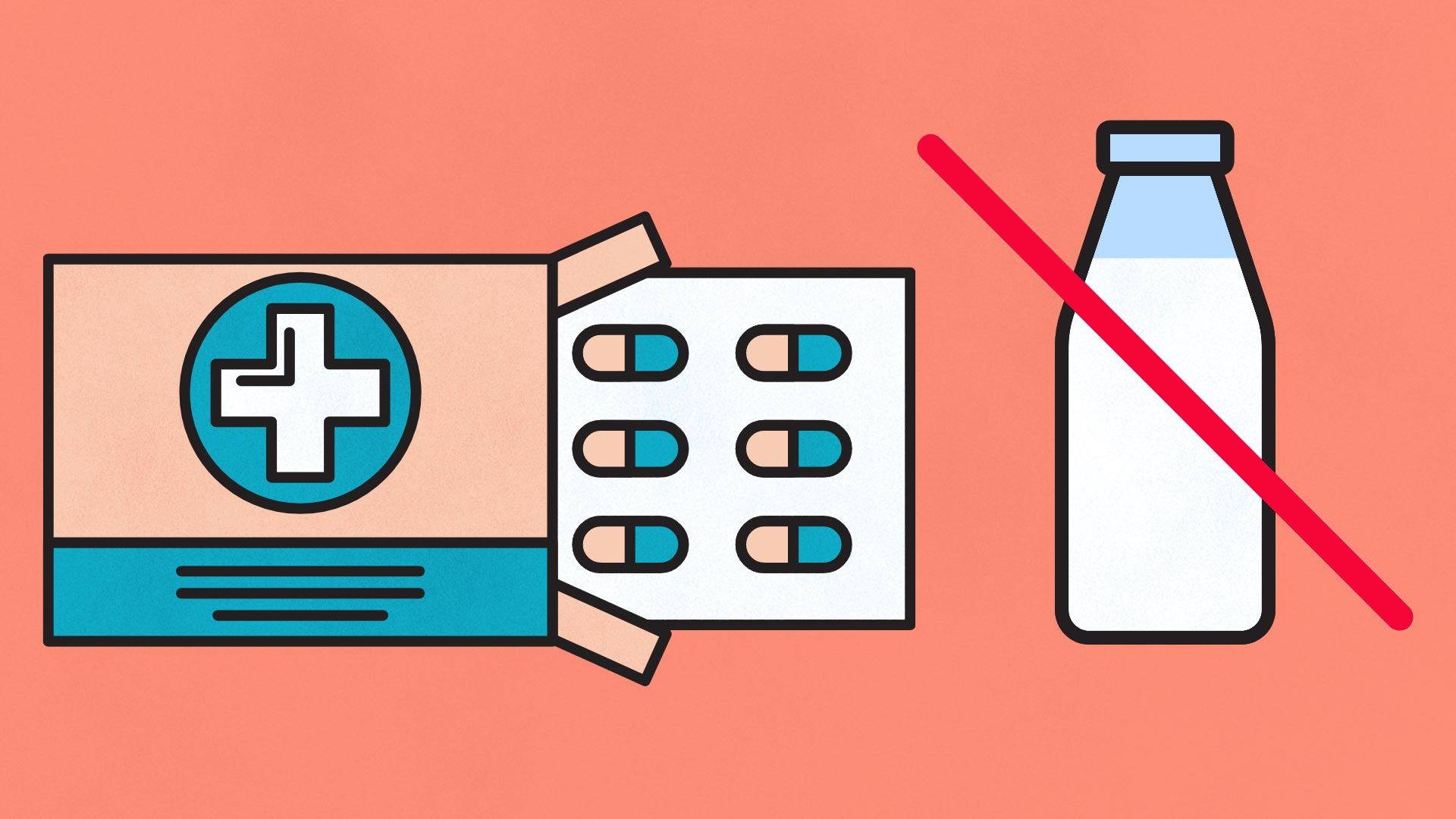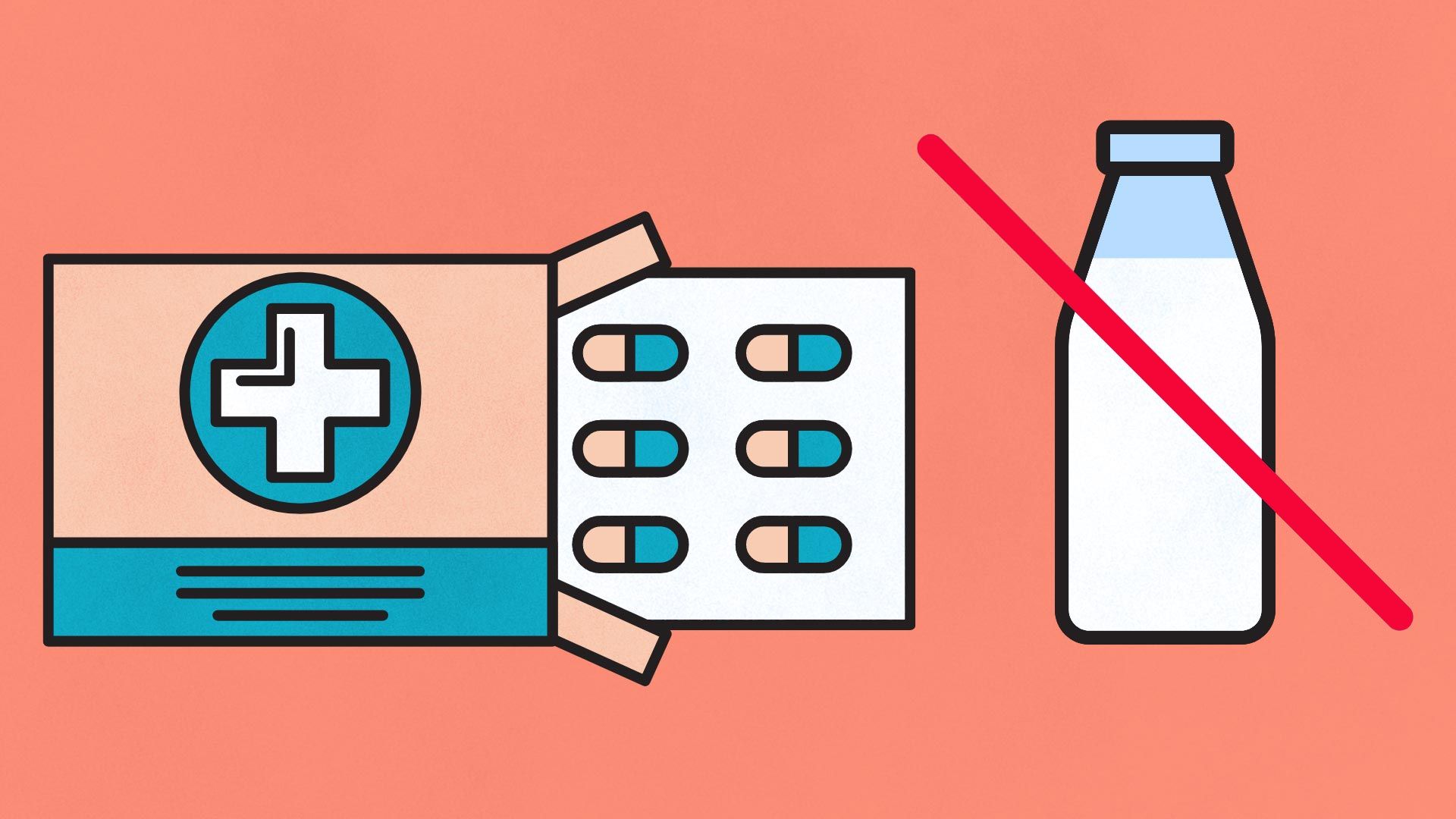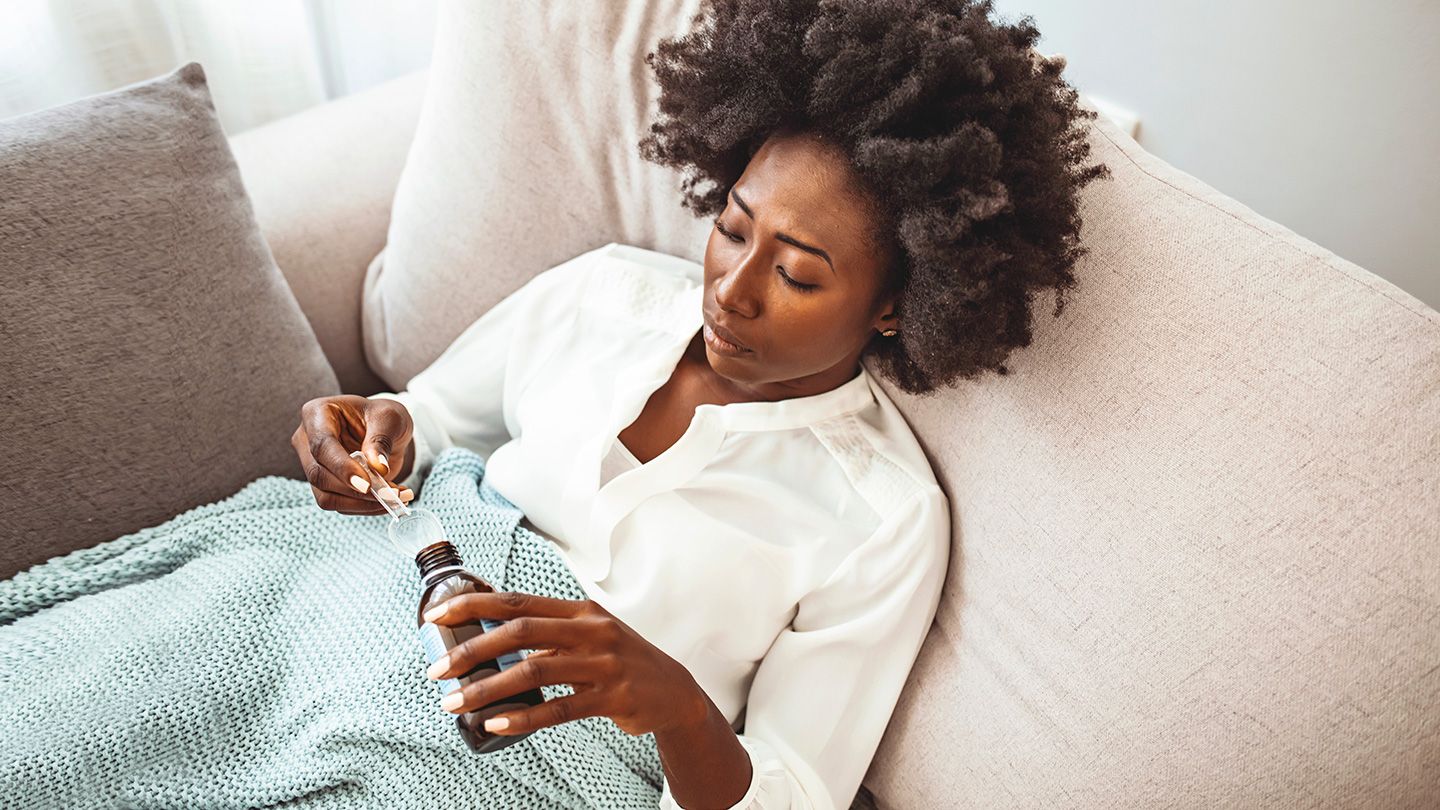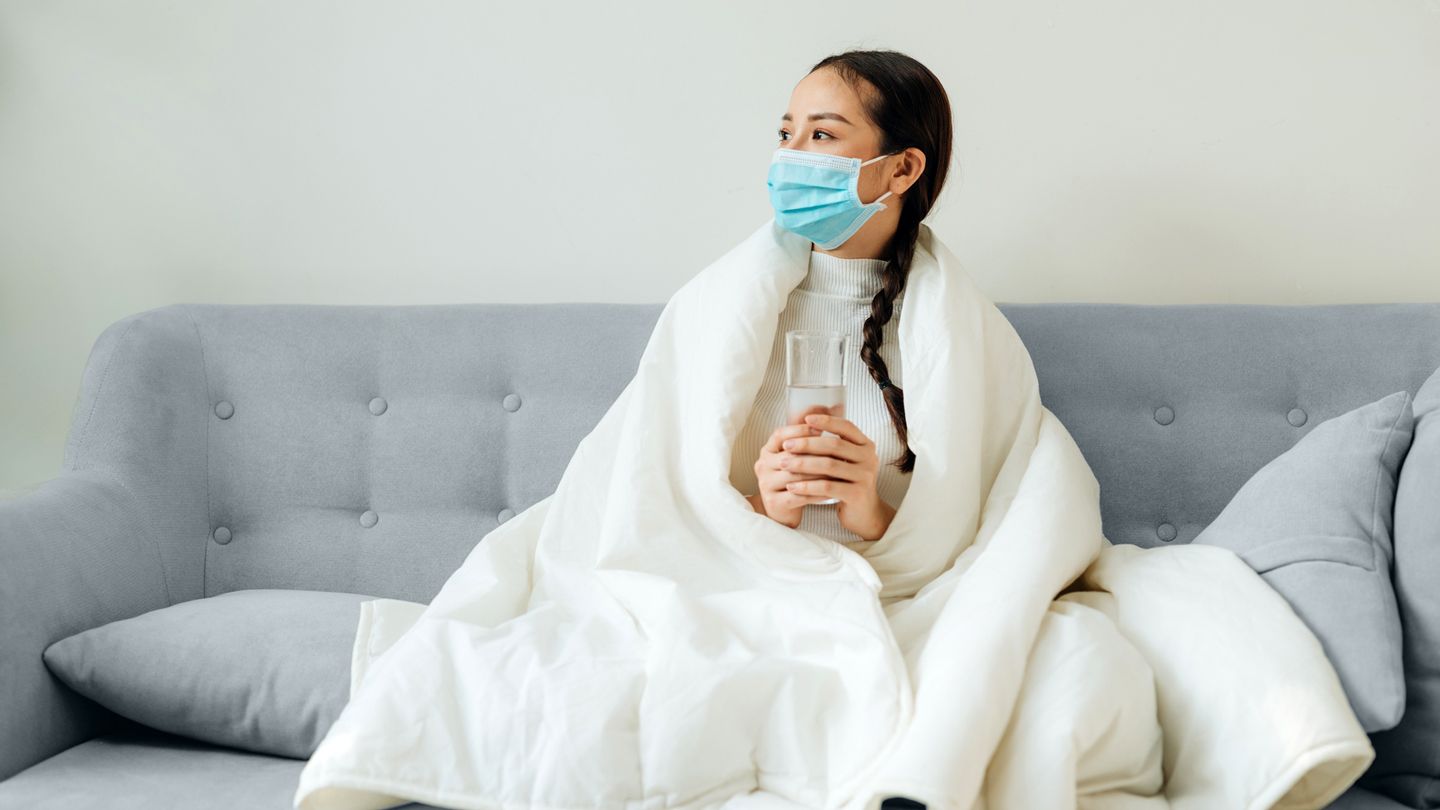Understanding How Colds Progress and Worsen Overnight
When you go to bed feeling a little under the weather and wake up with full blown cold symptoms, you may wonder - just how cold did it get last night? Colds can seem to intensify and spread through the body rapidly, especially overnight when your defenses are down.
Knowing the typical progression of a cold can help you understand why you feel so much worse after a night's rest. Here we cover how colds get worse at night, the impact of sleep, and how to tell if your cold takes a turn for the dangerous.
Cold Symptoms Often Accumulate at Night
There are a few reasons colds and flu tend to feel more severe overnight:
- Laying down increases mucus drainage and congestion.
- Coughing and sore throat pain can prevent quality sleep.
- Lack of sleep weakens your immune response.
- Dehydration occurs while asleep without fluids.
- Your body temp drops at night, exaggerating chills.
Combine this with the natural progression of a cold, and it's no wonder you can go to bed mildly stopped up and wake up feeling like you got hit by a truck.
The Common Cold Timeline
Colds usually follow a predictable pattern, getting worse before they get better. Here is a general timeline:
Days 1-2
The first signs show up - fatigue, headache, mild stuffy nose, sore throat. Symptoms are still mild and come and go.
Days 3-4
This is usually when symptoms peak and feel most severe. Nasal congestion, coughing, aches, and fever flare up.
Days 5-7
Symptoms start improving. Congestion begins clearing, energy returns, coughs ease up.
Days 8-10
Most symptoms resolve. Lingering coughs and diminished energy may persist.
As you can see, days 3-4 are when colds tend to be at their worst. This is right when most people have likely had 2-3 nights of disrupted sleep, lost fluids, and spreading symptoms.
How Sleep Affects Cold Symptoms
Your sleep habits and nighttime body processes influence how severely colds hit you.
Increased Nasal Congestion
Lying in bed allows nasal drainage and mucus to accumulate in the back of your throat and sinuses. This leads to that severely stuffed up feeling many people get at night.
Coughing Episodes
Excess mucus drips down the throat and triggers coughing fits, making it hard to get quality, uninterrupted sleep.
Dehydration Overnight
Night sweats from a fever, mouth breathing from congestion, and lack of fluids lead to dehydration. This dries out nasal passages and makes symptoms feel more severe.
Immune System Dips
Your immune function drops without proper sleep. This gives cold viruses an extra advantage to spread through the body.
Body Temperature Drops
As your body temp lowers at night, fevers feel more intense and chills more pronounced.
All these factors allow cold symptoms to really ramp up in severity while you sleep. Addressing them can help you get a better night's rest.
Tips for Managing a Cold at Night
You can take steps to prevent your cold from intensifying overnight:
Use Humidifiers and Saline Rinses
Moisturizing the nasal passage keeps mucus thin and less congested. This allows for better sleep.
Elevate Your Head
Use extra pillows to prop your head up. This helps postnasal drip from pooling in the throat.
Take Daytime Cold Medicines
Medicines like decongestants and cough suppressants work best when taken during the day.
Drink Plenty of Fluids
Stay hydrated to thin out mucus and replace lost fluids from fever sweats.
Layer Blankets for Chills
Stay warm but able to adjust layers if night sweats strike.
Try Supplements
Elderberry syrup, zinc lozenges, Vitamin C, etc can slightly lessen some symptoms.
Listen to your body and rest as much as possible. Colds tend to run their course regardless, but good self-care can improve your nights.
How to Tell if Cold is Getting Dangerous
Though colds usually peak then improve after a few days, certain warning signs mean you should call your doctor:
Difficulty Breathing
Labored breathing, wheezing, tightness in chest, gasping awake.
Dehydration
Dizziness upon standing, no urine for 8+ hours, dry lips/mouth, rapid heart rate.
High Fever > 103 F
Fever over 103 F, especially if not improving after 3-4 days.
Ear Pain
Deep ear pain could indicate an ear infection.
Worsening Condition
Symptoms dramatically worsening after 5-7 days instead of improving.
Young children, the elderly, people with chronic illnesses, or pregnant women should also take extra precautions and contact a doctor with any concerns.
Understanding Variations in Cold Severity
Not every cold is the same - you may wonder why sometimes it feels mild, and other times leaves you completely debilitated. There are a few factors that impact severity:
The Culprit Virus
Over 200 viruses can cause the common cold. Certain strains tend to cause more severe symptoms than others.
Your Immune Health
People who are already immunocompromised are more deeply affected by colds.
Hydration Status
Well hydrated people tend to have thinner mucus and milder symptoms.
Stress Levels
Stress and exhaustion put your body in a weakened state vulnerable to viruses.
Access to Care
Prompt use of OTC meds can lessen symptoms when caught early.
So the depth of misery you feel from a cold depends on many factors. Don't blame yourself if one cold knocks you off your feet, while another felt like barely a sniffle - blame the virus!Cold Remedies to Help You Rest
Here are some of the top over-the-counter medications and natural remedies to help you get a more restful sleep:Nasal Decongestant Sprays
Short-term use can open blocked nasal passages and make breathing easier.
Cough Suppressants
Ingredient like dextromethorphan inhibits cough reflexes.
Expectorants
Guaifenesin thins mucus, allowing you to cough it up easier.
Pain Relievers
For aches, pains, fever, and sore throat relief.
Warm Beverages
Warm broth, tea, lemon water soothe sore throats and help clear mucus.
Peppermint Essential Oils
Mentholated rubs on chest can ease congestion and respiratory discomfort.
Use any remedies cautiously and consult your doctor if symptoms don't improve or worsen. With rest and the right relief measures, your cold shouldn't keep you from getting a peaceful night's sleep.FAQs
Why do colds get worse at night?
Increased nasal congestion, coughing fits, dehydration, immune dips, and body temperature drops overnight allow cold symptoms to intensify.
When do cold symptoms peak?
The peak of cold symptoms usually happens around days 3-4, after a few nights of unrestful sleep and worsening congestion.
How can I sleep better with a cold?
Use humidifiers, nasal saline spray, cough medicine, hydration, elevated head, and layering blankets to help get a more restful night's sleep.
What are signs my cold is getting dangerous?
Difficulty breathing, dehydration, high fever over 103 F, ear pain, and worsening symptoms after 5-7 days warrant contacting a doctor.
Why are some colds worse than others?
The specific virus, your immune health, hydration, stress levels, and access to care all impact cold symptom severity.
Disclaimer: This article is for informational purposes only and does not constitute medical advice. Always consult with a healthcare professional before starting any new treatment regimen.
Related Coverage
Relieve coughs caused by colds, allergies, and irritants with the natural power of onions and honey. Discover easy homemade syrups, teas, lozenges, and more....
Learn if you can safely take Nyquil alongside Advil Cold & Sinus to treat cold and flu symptoms or if dangerous side effects can occur mixing the two OTCs....
Chigger season in Texas typically starts in spring and lasts through late summer, with peak activity in May, June and July. Learn how to identify bites and prevent misery....
Learn how over-the-counter medications, antivirals, home remedies and responsible health precautions can relieve miserable symptoms while speeding recovery from colds and flu....
Compare Alka-Seltzer Plus and DayQuil cold and flu products by ingredients, formats, symptom relief abilities and more to determine which OTC medication is best for your needs....
Learn what infections or conditions commonly trigger simultaneous earaches and sore throats. Discover key differences between viral and bacterial sources, along with home relief methods....
Soothe sore throat irritation fast with at-home remedies like saltwater gargles, throat lozenges, honey, tea and OTC meds. Tips to ease throat pain quickly overnight....
Experiencing hearing loss after a cold? Understand the causes, duration, and management strategies. Get insights on ear congestion, fluid buildup, and when to seek medical attention....
Steam therapy & essential oils in DIY vapor baths bring natural relief for colds, allergies & dry air causing nasal congestion, coughs & chest tightness....
Hemorrhoids themselves are not contagious and cannot spread from person to person. However, bacteria that worsen hemorrhoid inflammation and discomfort can transmit through poor hygiene....








